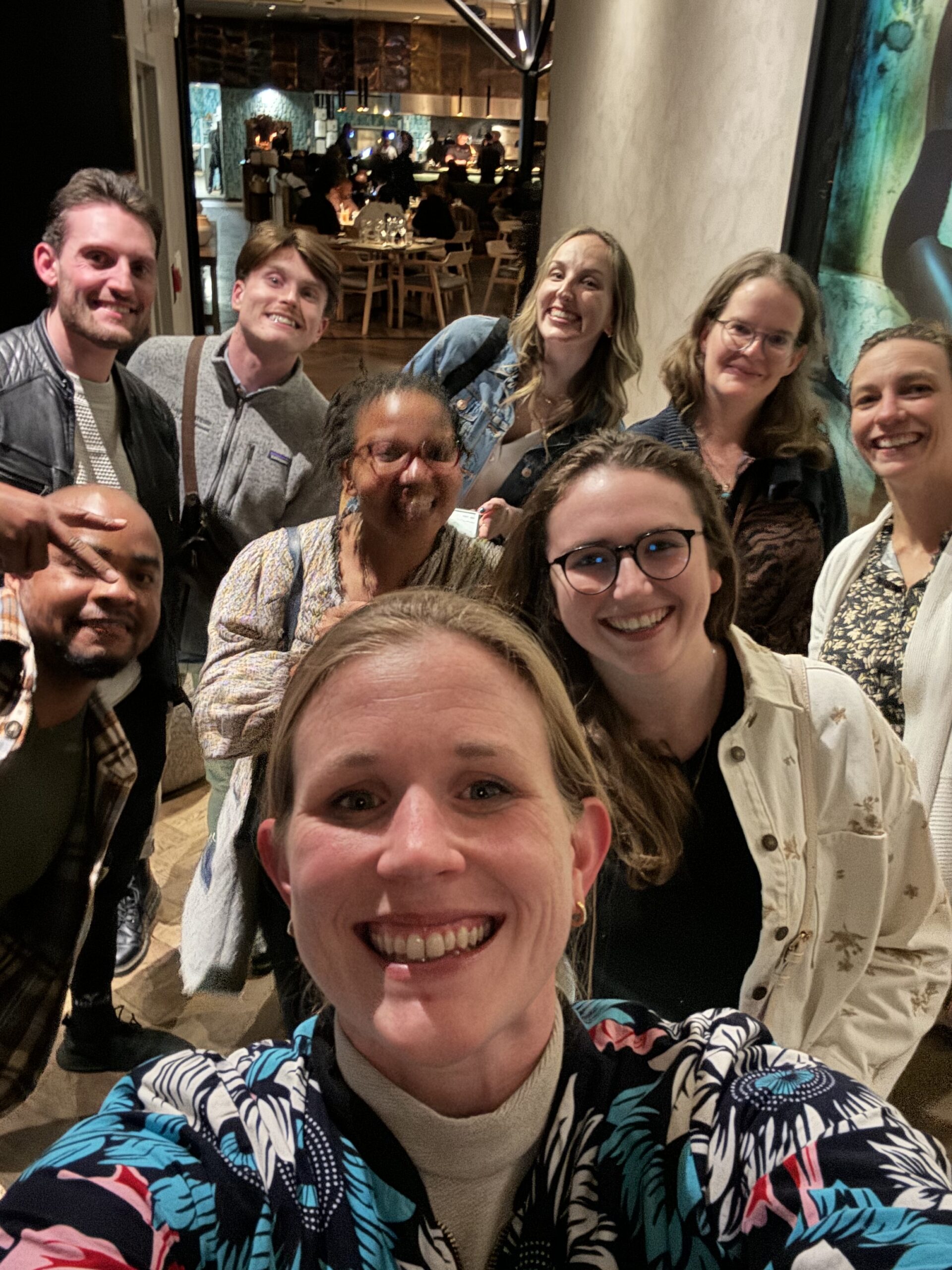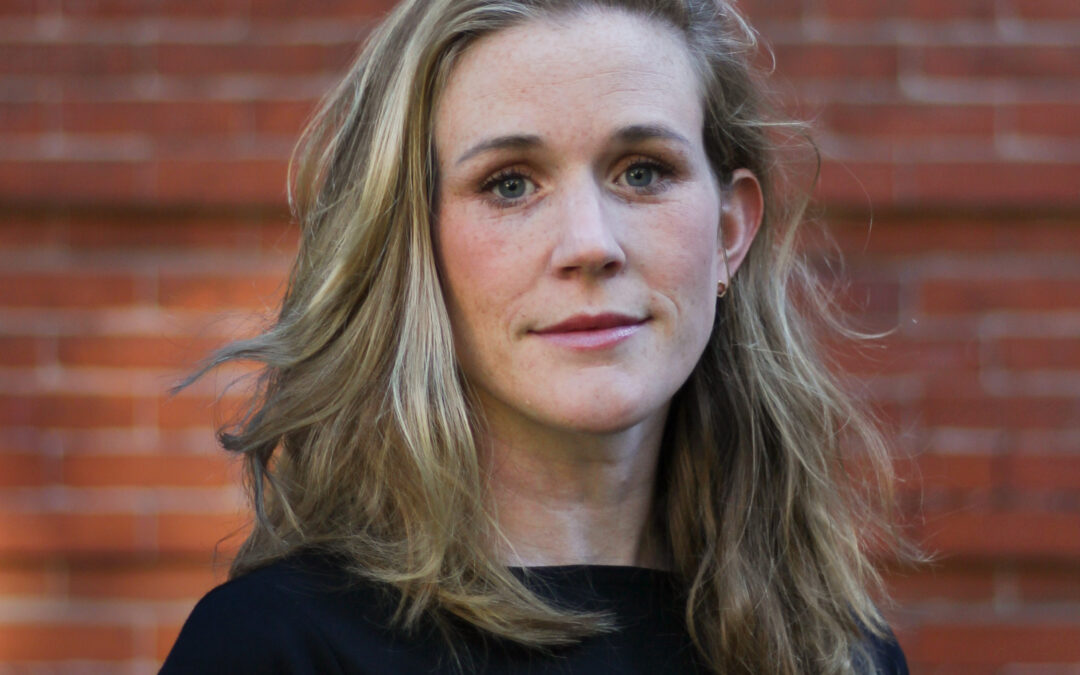The HLB-SIMPLe Research Coordinating Center (RCC) welcomes the newest member of the HLB-SIMPLe Alliance – Brooke Nichols, PhD. Nichols is an infectious disease mathematical modeller and health economist, and she will be putting those skills to work in a new role leveraging insights from the Alliance network to produce powerful mathematical models.
“I will be taking a creative approach to help understand which effects observed in HLB-SIMPLe can be generalized (or what strength of effect can be generalized) across other settings to give us a robust understanding of expected impact,” Dr. Nichols explained. “I hope to help tease out what the most impactful aspects of the HLB-SIMPLe interventions might be, their expected impact over time, and how to optimize the scale-up of these strategies.”
Dr. Nichols’ work will center on the integration of hypertension and HIV care, exploring how different strategies can be most effectively implemented across diverse contextual and national settings. RCC primary investigator Elvin Geng welcomed Dr. Nichols to the team and expressed his enthusiasm for her innovative approach. “She will use mathematical modeling to provide robust insights into healthcare delivery models that will benefit not just specific patient populations, but entire health systems,” Dr. Geng emphasized. “These models will address larger, long-term health questions that go beyond the scope of individual studies, with a focus on 10, 20, or even 30-year horizons.”
One of the central questions Nichols will tackle is whether integrating hypertension management within existing HIV care systems or through separate referral systems would offer comparative advantages. She will also examine the costs and benefits of various models of care coordination, which could be critical for optimizing resource use in resource-limited settings. A key element of her approach will be ensuring that the models account for the complexities and variations in data across different regions, while still delivering actionable insights. Nichols’ modeling will also incorporate data harmonization processes without becoming overly reliant on perfect data, allowing for more flexibility and robustness in her results.
Beyond cost-benefit analysis, Nichols will investigate whether integrating hypertension management within HIV care systems can improve HIV treatment outcomes. This includes examining how such integration might influence both HIV treatment outcomes and the broader health outcomes for patients living with HIV, offering a broader perspective on patient well-being.
This work will enable HLB-SIMPLe to make major strides in shaping the future of healthcare integration, offering policy makers data-driven recommendations that can maximize health outcomes while making the most of limited resources. “We hope this work will help support decision making, prioritization, and, ultimately, guide impactful implementation,” Dr. Nichols said.
Dr. Nichols completed her PhD and postdoc training in modelling and health economics at Erasmus MC in the Netherlands, focused primarily on HIV transmission and impact of different biomedical interventions on overall HIV incidence. She started her career at Boston University in 2019 but left after the Covid-19 pandemic began to put her modelling skills to use supporting the WHO to determine the impact of testing for SARS-CoV-2. Just this year, she re-joined Boston University as an associate professor. When not working, she enjoys spending time with her two kids, Maddy and Matthijs (aged 8 and 10) and training for marathons and ultramarathons.


